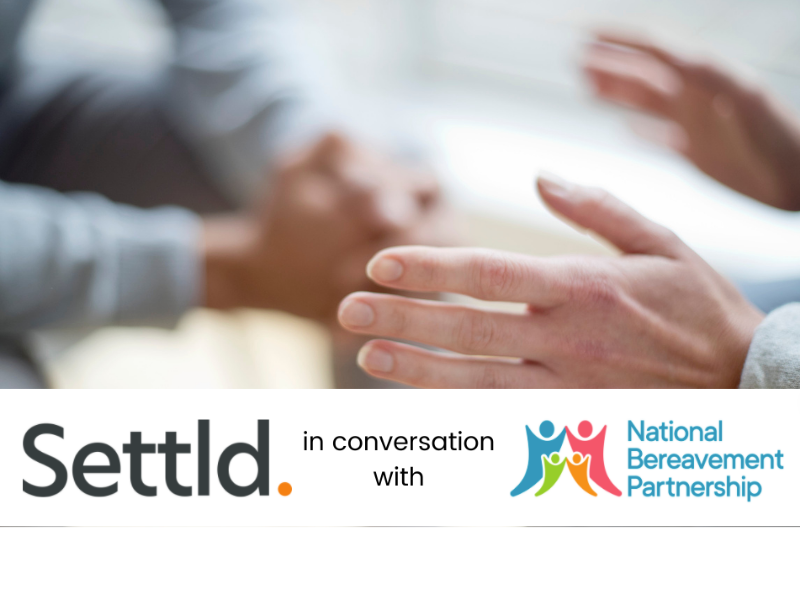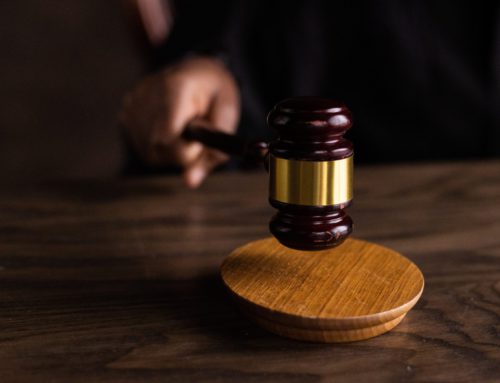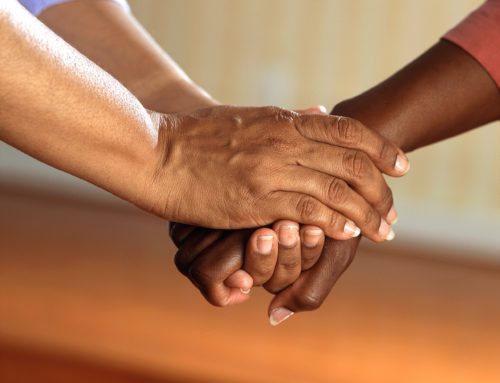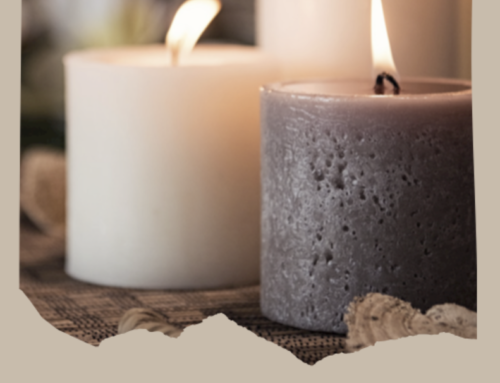We would like to thank National Bereavement Partnership [NBP] for our conversation. Michaela Willis MBE (CEO of the charity) and Joanne Starbuck Ashton (Lead Counsellor) were so helpful. NBP provides an acute response helpline, counselling referral service and befriending programme for all those suffering from bereavement, grief, living loss, mental health issues.
The aim of the conversation was to talk about what grief and bereavement counselling are, who they might benefit, where to find services and how much it might cost to get support after losing someone close.
What is Grief and Bereavement Counselling? Aren’t they the same?
They are very similar, but grief counselling is for the loss of anything important. Grief can be felt for many things: pets, lifestyles after Covid-19, livelihoods and jobs, identities. Grief covers a wider collective of issues in addition to bereavement. Bereavement counselling is specifically for when someone has died.
Bereavement is about losing someone important, but grief can also relate to the loss of many different parts of life.
If you’re suffering from grief relating to other factors as well as bereavement, then the grief for these other losses can hinder grieving for the person who has died. We found this for many people during Covid. The loss of a job or lifestyle hindered processing the bereavement because the living losses were immediate and impacted on daily life.
Are Grief and Bereavement Counselling for everyone who’s been bereaved?
Everyone’s journey is different. What you need is decided by you, and by the nature of what happened: who died and how they died. Some people reach out to the NBP helpline because they need to talk, but they don’t need counselling. For those people, talking and having a listening ear is sufficient. For others counselling is an important part of their journey. Many people just need to be able to talk to another person, in a safe environment, to express the emotions of that day – to have the space to be able to say how they feel.
In certain cases, someone might feel ‘stuck’ in their grief, they need help in understanding it and unpicking what’s happened to them. People sometimes contact us expecting to need grief counselling. But we feel that they need more specialist assistance, such as trauma therapy. They can go on to have counselling after that, but if they are experiencing night terrors after a traumatic event, then specific therapy to start with is crucial. We always talk this through with clients, there’s no ‘one-size fits-all’. It’s a collaborative process to ensure the correct support is given.
Where people are dealing with what is referred to as a ‘complicated death’ following an illness perhaps, or if more than one person has died in a short period, or if they didn’t have support when their loved one died, that’s when people are more likely to need counselling.
What’s important to realise is that everyone’s circumstances are different. That’s why we offer both a helpline and a counselling service. Everyone’s journey needs to be treated individually.
What can I expect grief and bereavement counselling to cover?
There are many different approaches to grieving and within each of those traditional theories there is a common factor of what will be experienced: loneliness, anger, confusion, disbelief and then acceptance. We work with the continuing bonds theory which is less of a linear structure where people go through ‘stages’, not looking at ‘acceptance’ and ‘moving on’. With continuing bonds, you take your memories with you into a different life without the person who has died. This does not mean you are trapped in your grief; it just means you maintain bonds that are forever integrated into your life.
Many people grieving look fine on the outside, but inside is a raw wound. As they heal, this wound scars over and the scar is what is the integration of the death into daily living, remembering the memories of the person who has died. The scar might open again on significant days: birthdays, Christmases, anniversaries etc. The process of counselling assists people along their journey.
Counselling won’t necessarily take the grief, pain, isolation away, but it can help someone along the process of healing.
What else might counselling bring up?
Some clients find it a relief to be able to say things to a counsellor that they couldn’t say to friends or family, for fear of upsetting them. Every family has a different ‘death culture’: their own way of dealing with what’s happened. Having a safe place to talk allows people to be honest about all sorts of assumptions, feelings, and memories.
We always start with a person-centred approach and use this as an assessment process. If more complex mental health issues arise, we can refer people elsewhere.
How do I find someone to talk to?
There are several charities that offer counselling. National Bereavement Partnership has a bank of experienced therapists who have undergone stringent checks and training. This enables us to triage clients and match people with the most appropriate counsellor for their circumstances.
Remember the Samaritans are there 24/7 for anyone in real need. Cruse, Mind and Local Community Networks also have therapists who they work with so that they can offer counselling directly to those who approach them.
Alternatively, there’s the British Association of Counselling and Psychotherapy, on their website there’s a “Find a Therapist” link. You could also approach your GP and ask for support through that source.
How long does counselling take?
We allow for twelve sessions per client, although our experience shows that most people access eight or nine sessions. Other organisations offer an initial six sessions and then review.
What if I don’t get on with the counsellor?
We’ve found that most of the time, the triage process allows us to find the best counsellor for that client. But sometimes, people don’t gel. Maybe 3% of clients don’t settle with the counsellor, and we encourage them to be honest about this. We’ll find someone else from our set of therapists or will help them find another qualified person to talk to.
How much do grief and bereavement counselling cost?
The average cost of paying a counsellor for a session is approximately £50. We don’t charge for any of our therapy sessions, although we accept donations. We are also planning to offer a paid-for service in the future, for those people who can afford counselling. This will assist us in further offering counselling support to those who can’t afford it.
How long do I have to wait to get a counsellor?
We currently have an eight-week waiting time, but we constantly endeavour to keep the wait time lower than that. Waiting lists exist for other charities and organisations and their times will vary, so it’s a good question to ask upfront when looking for a counsellor.
Can Settld Help?
At Settld, we can help you find support with our concierge service. We can also help you with our free end of life admin support.
If you’d like to know more about Settld and how we can help, visit our website www.settld.care or you can email support@settld.care or call us on 0333 111 1111 (9am-5pm, Monday to Friday)
Further support can be found at:
National Bereavement Partnership
British Association of Counselling and Psychotherapy (BACP)
NHS: Grief after a bereavement or loss





